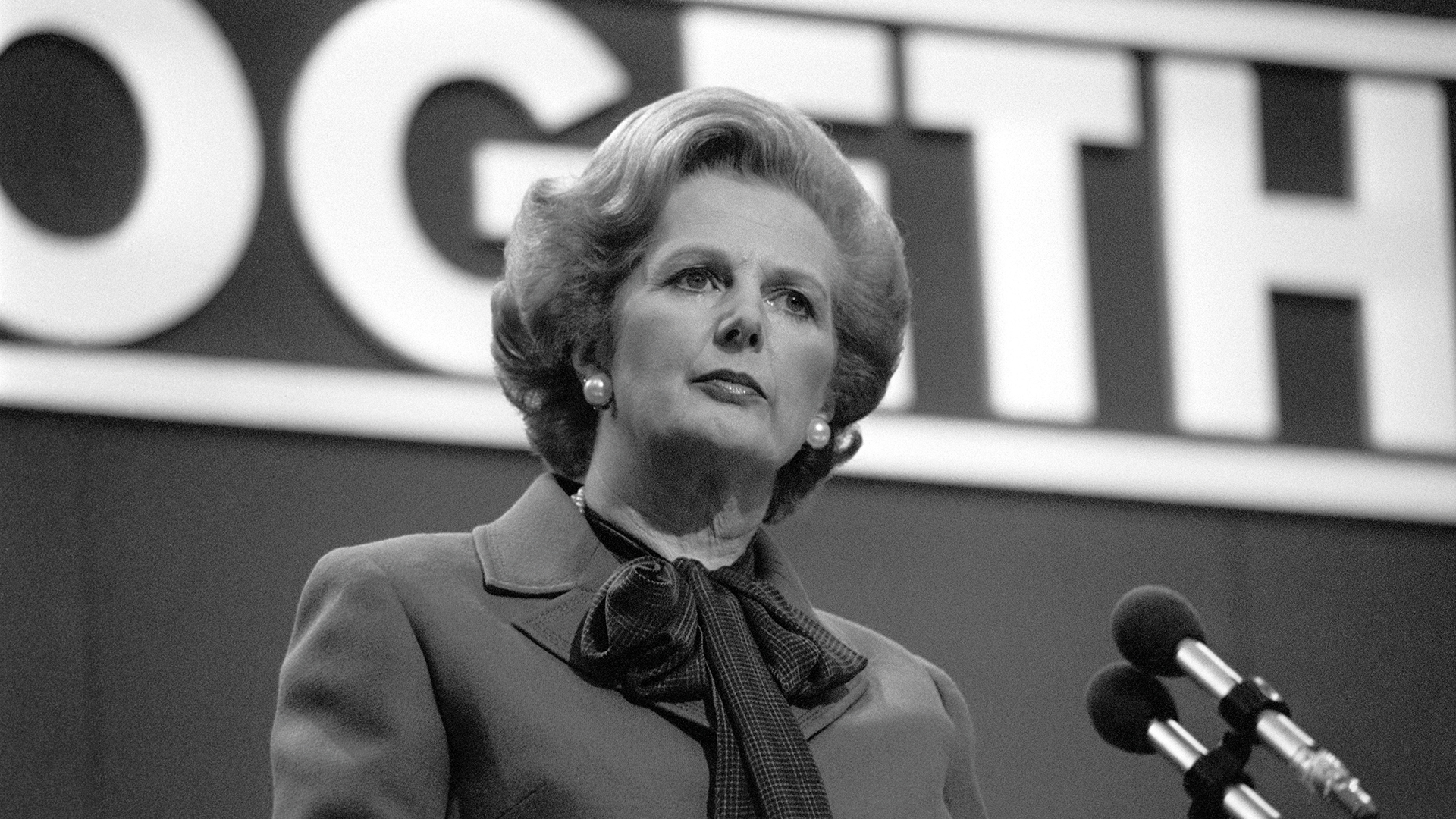For the life of me I cannot understand much of the debate around the recent budget. The economists talk about minimal growth, some inspired by the minuscule increase we have seen, some disappointed that it wasn’t much more. Obviously, no mention is made at times like this that growth harms the environment because most growth has a negative impact on planetary health. Green concerns apart, I can’t understand how you could have a whole government budget debate without factoring in the 40 per cent of government spending that goes into the damage caused by poverty. An economist must, I would have thought, consider that 40 per cent an enormous figure.
Economists are split into the two camps that divide much of politics: pro-big government and anti-big government. Labour is seen as pro-big and Conservatives pro-small. They do try and swap around a bit, Johnson being a big spender even before Covid because he wanted to shore up his red wall support in the north. Thatcher was an enormous big government spender because of her war in the Falklands and her taking on of the trade union movement. She did try to save some money with her closing of the poorly providing Victorian mental institutions, because nothing was put in their place. So this was a cost saving – on one side.
Your support changes lives. Find out how you can help us help more people by signing up for a subscription
But largely it is the right-wing economists who defend small government, and this was in evidence in the debate in Parliament over the budget. However, I can’t see why they would not pause and look at that vast poverty bill and not be astonished at its size. And though they will call for tax cuts and express other rightward-sounding opinion, they simply accept that large budget, mostly because it’s dressed up as smaller budgets.
The right-wing Parliament debated as if we must go for high growth, high productivity and low government spending. But how can that be achieved without looking at the composition of the 40 per cent spent on coping with poverty, spent in numerous small budgets that add up to the 40 per cent? The 50 per cent of the NHS budget that is spent on keeping poor people as healthy as possible. The largest part of the prison and police bill that is spent on poor people being banged up and brought before the courts. The education bill, a large part of which goes on containing the problems of people coming from poverty. The social security bill that spends most of its budget on people in and around poverty. The last time I added these up it totalled a figure of 40 per cent.
Now a good economist would look at ways of achieving growth. And would interrogate the 40 per cent, because within that figure is the key to the growth they are looking for. How to improve productivity? Answer: a better-educated workforce that can realise profits and surpluses. More growth? Answer: more people in work because the early stages of life have worked for them, bringing them into a higher earning band. Smaller government? Answer, make sure less people are pushed into need which is then passed on to their children, who then remain in need for generations.









